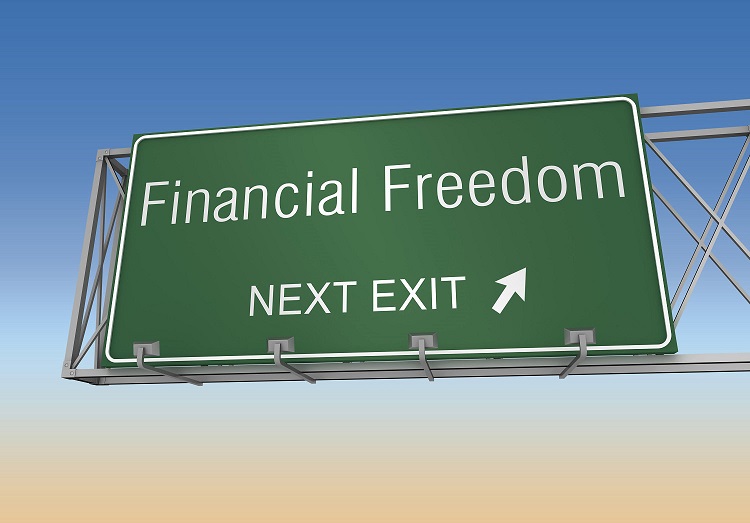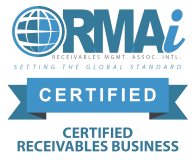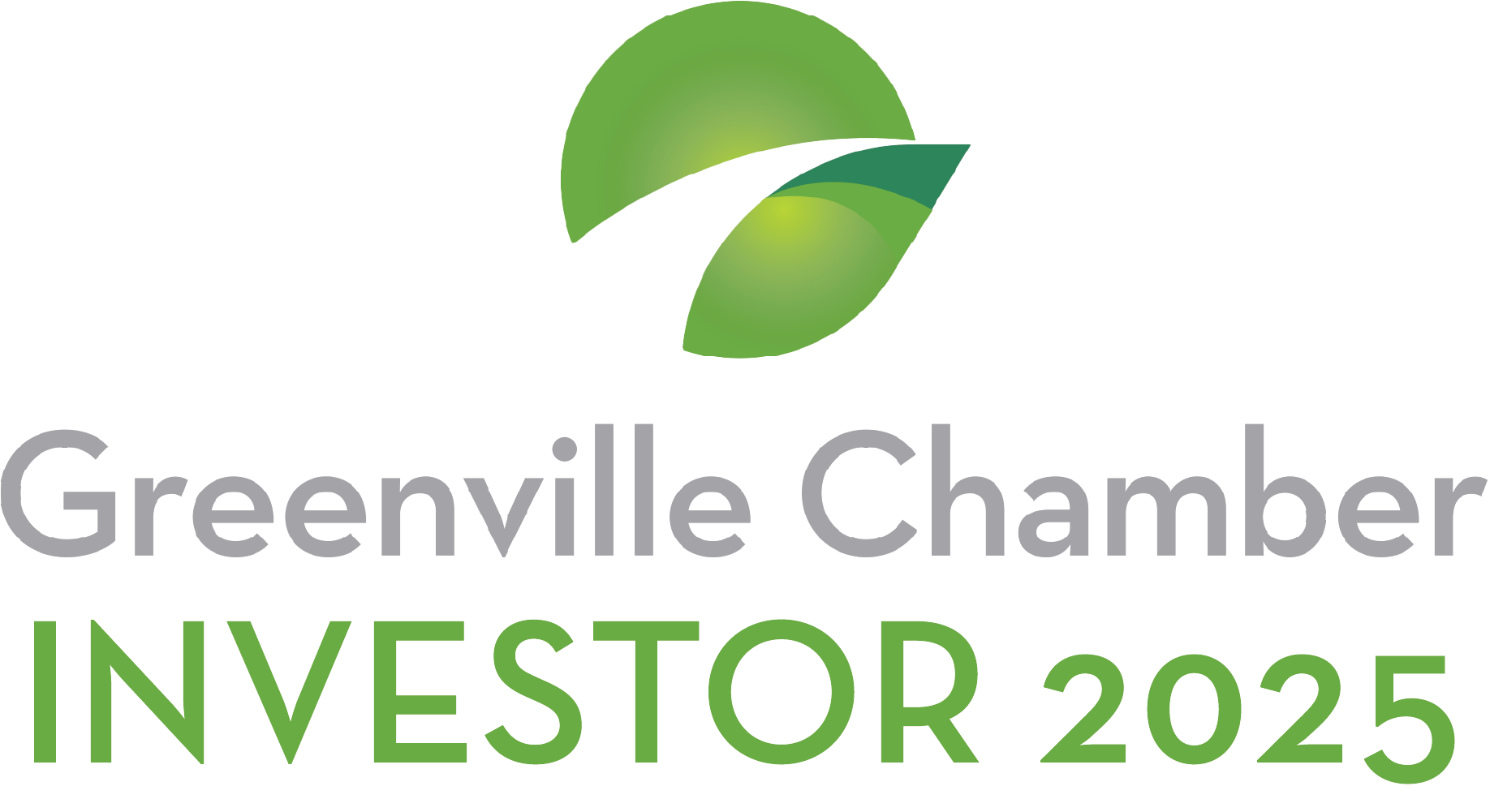Debt and Credit Simplified
A Guide to Financial Recovery

Resurgent offers a simplified path to financial recovery through professional support and an easy, self-service online consumer portal. Using the free educational materials from Resurgent, you can tackle confusing and complex topics like credit and debt. The world of credit cards, personal finance, and debt relief can be confusing, but it doesn’t have to be. We break it down for you in simple, easy to understand terms and graphics. You can take control of financial planning, understand credit scores, and improve your personal financial literacy.

Just by reading this page, you are already well on your way to making a commitment to financial freedom for yourself and your family. We are here to support you along the way with an expert team of helpful agents, simplified visibility into your financial obligations, and an easy-to-use online portal.
If you’re here, there is a good chance you already know that there are many ways to pay for a purchase. You might pay with cash, or you might choose to borrow money from a friend or a company. This could take the form of a loan or a credit card. If you borrow money, you create what is called a debt. The price you pay to use someone else’s money is called interest. This price can vary depending on a number of factors in your personal financial history.
Good Debt
Good debt is a productive kind of borrowing that allows you to improve your life and increase your security. Some examples can include student loans, mortgages, and business loans where you are able to make regular payments. But, of course, all borrowing can be risky. Life happens and sometimes things do not turn out as planned. It's possible that even "good" debt can have a negative impact on your financial wellness if you fall behind on payments.
Bad Debt
Bad debt is unproductive and unhealthy. Consistently living above your means by using sources of credit you’re unable to pay off can lead to a downward debt spiral. If these behaviors become habits, you might see yourself sitting on a mountain of bad debts if you are not able to make a clear plan for repayment.
Why Pay Good and Bad Debts?
Everyone has a unique set of circumstances, so what works for your friend or neighbor might not be the right financial solution for you. You might have many reasons for wanting to pay off both your good and bad debts.
A strong credit score can offer a sense of security. With easy access to credit, you know that you will be able to cover unexpected expenses like unplanned vehicle maintenance or medical bills.

Bad debt can have negative impacts on your credit score. Why does this matter? A credit score if often used by lenders to evaluate how likely you are to be able to repay additional credit or loans. This means that people with lower credit scores may have difficulty getting approved for new credit cards or loans. Conversely, people with higher credit scores are often offered unsolicited offers of credit with low or zero interest.
Paying off debt now can also free up cash flow later. This is true for both good debt and bad debt. You might have rent or a mortgage payment, a student loan payment, a car payment, and credit card payments. How would your financial picture look different today without the stress of multiple payments each month?
What to do next?
You have mastered the basics of good and bad debts, explored why you might want to pay off debts, and learned ways to pay the debt by taking a clear look at what you owe. Your next step is to get started with making a list of your obligations vs. your income and start making a plan to address the hurdles to your financial freedom.
Remember that every individual is different and your unique set of circumstances has led to your own unique debt. No matter how you got here, debts still represent obligations that you are expected to pay back. Understanding this will help you be more thoughtful in the future about which debts you choose to pay and how and when you choose to pay them off.




